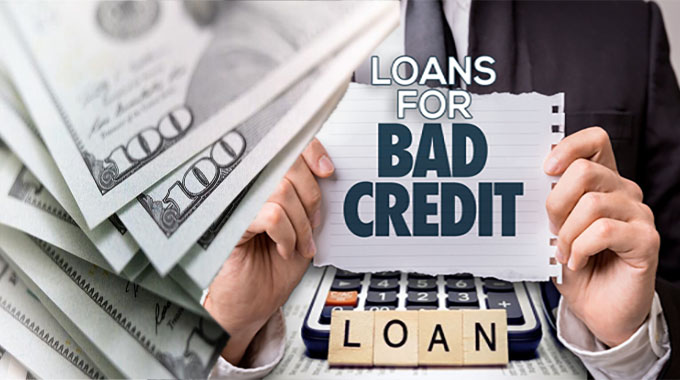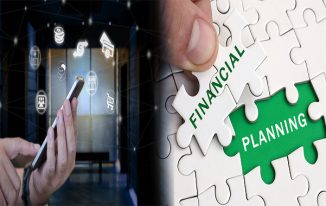If you are in need of some extra cash but have poor credit, a personal loan for bad credit can help you achieve your financial goals. A bad credit loan may be better suited for tackling debt consolidation. These loans are designed to make your monthly payments more affordable and reduce the stress of a large debt. But before you apply for a personal loan, consider your needs and crunch some numbers. The best personal loan for bad credit will improve your life, not add more stress.
Unsecured loans
There are two types of personal loans – secured and unsecured. Both affect a borrower’s credit in the same way. Upon applying for a loan, the lender will look up the borrower’s credit reports to determine their repayment history, credit card limit and balance, and any negative information.
These reports are filed by consumer credit reporting agencies like Experian, TransUnion, Equifax, and Experian Home Mortgage. The higher the credit score, the better the loan application approval and APR rates.
Secured loans require collateral. A home or car can serve as collateral. If you default on a secured loan, the lender can seize the collateral and keep it as payment. Repossession can stay on your credit report for seven years. Unsecured loans do not require collateral, but they still charge interest and fees. Examples of unsecured loans include credit cards and revolving accounts. While unsecured loans are easier to obtain, you may have to pay a higher interest rate if you do not have enough collateral.
High interest rates
While bad credit is an unfortunate situation, it does not mean you cannot obtain a personal loan. If you have a good credit score, you will most likely qualify for a lower interest rate and fewer fees. Having a cosigner with good credit is also beneficial, as it gives the lender an additional layer of security. Having a credible cosigner also increases your chances of obtaining a personal loan with reasonable terms. With a cosigner, you can negotiate a lower interest rate and lower fees.
Once approved, personal loans for people with bad credit are generally unsecured loans. This means you won’t need to put up any collateral, like a car or savings account. These loans typically have longer repayment terms than other types of personal loans. However, if you have bad credit and need cash fast, an unsecured loan may be a good option for you. Make sure to pay attention to the origination fee and APR before signing up for the loan.
Flexible repayment terms
If you need cash fast, but your credit is less than perfect, you can apply for a personal loan with flexible repayment terms. Bad credit loans are unsecured, so you don’t have to pledge collateral to get approved. They can be used for any purpose, from debt consolidation to paying off credit cards with high interest rates. Depending on your financial situation, you can opt for secured or unsecured personal loans, and the interest rate will vary.
There are many lenders offering personal loans for people with bad credit. You can choose from online lenders that do not have high requirements, as they don’t have to deal with the credit history of their clients. Also, you can try your local credit union, as they may be more flexible in giving bad credit loans. The minimum credit score for personal loans with bad credit is 580 FICO and 550 Vantage, according to Avant. Lenders view people with less-than-perfect credit as a higher risk, so their minimum APR will be higher.
Alternatives
When your credit score is low, there are many alternatives to personal loans for people with bad credits. Short-term loans are one option, but they have higher interest rates and may only be available in limited amounts. Generally, you’ll have to pay back the loan with interest, and you can’t expect to receive a better rate elsewhere. If you need money fast, you can even ask friends and family for money, though this will mean paying a higher interest rate.
If you’ve been struggling to pay your bills for a long time, you can consider applying for a credit card. Some credit cards offer 0% introductory rates for a certain amount of time. By paying off the balance in full each month, you can avoid paying interest and benefit from other benefits, including rewards. Paying off the balance in full each month is the best way to avoid interest.
Some credit cards also come with extended warranties and additional protections.












